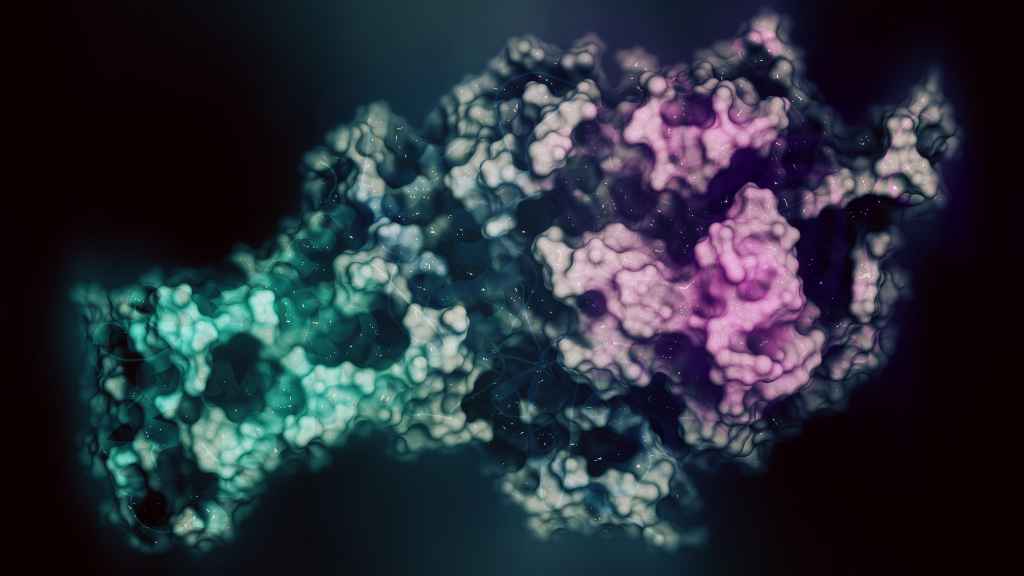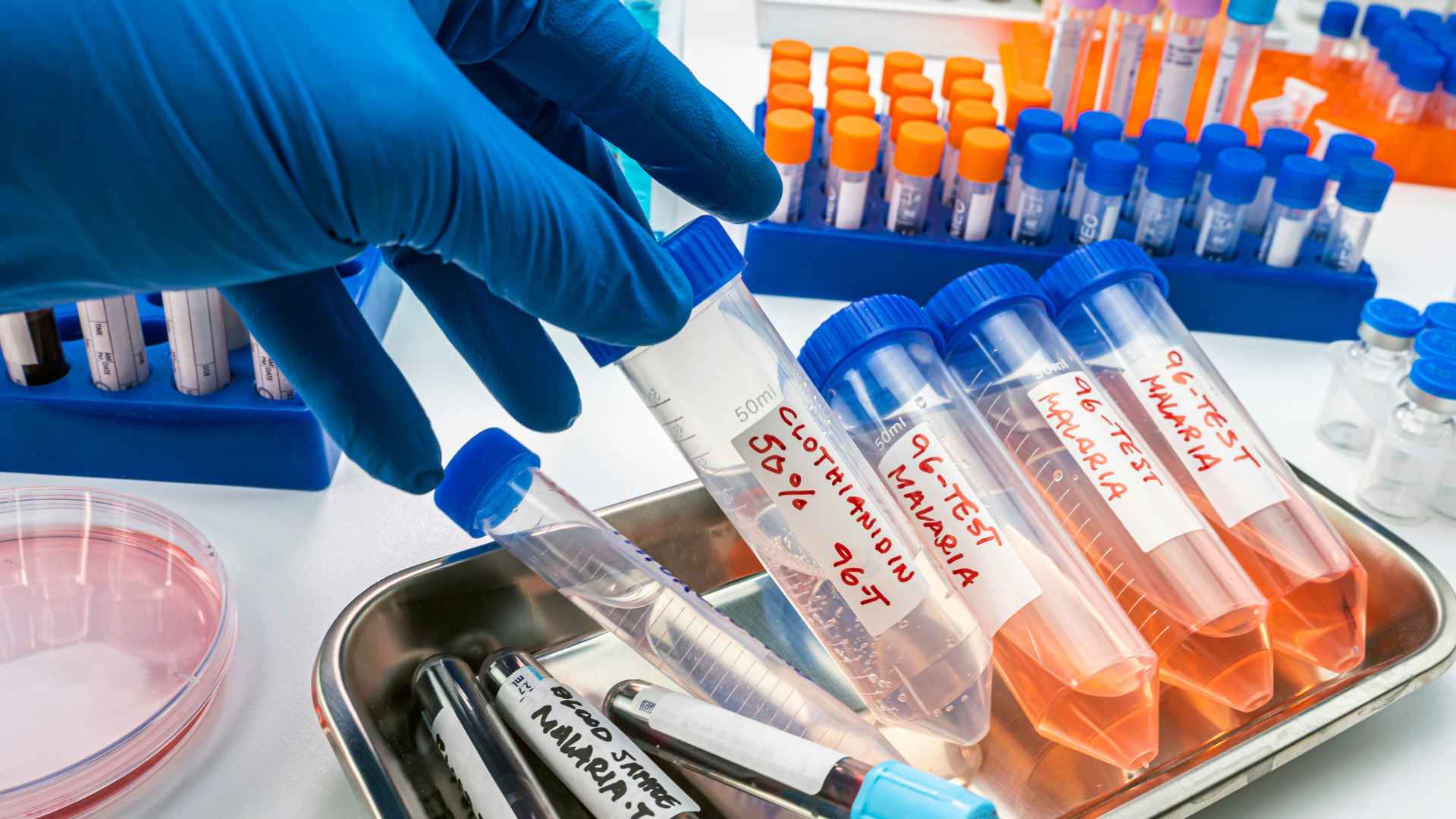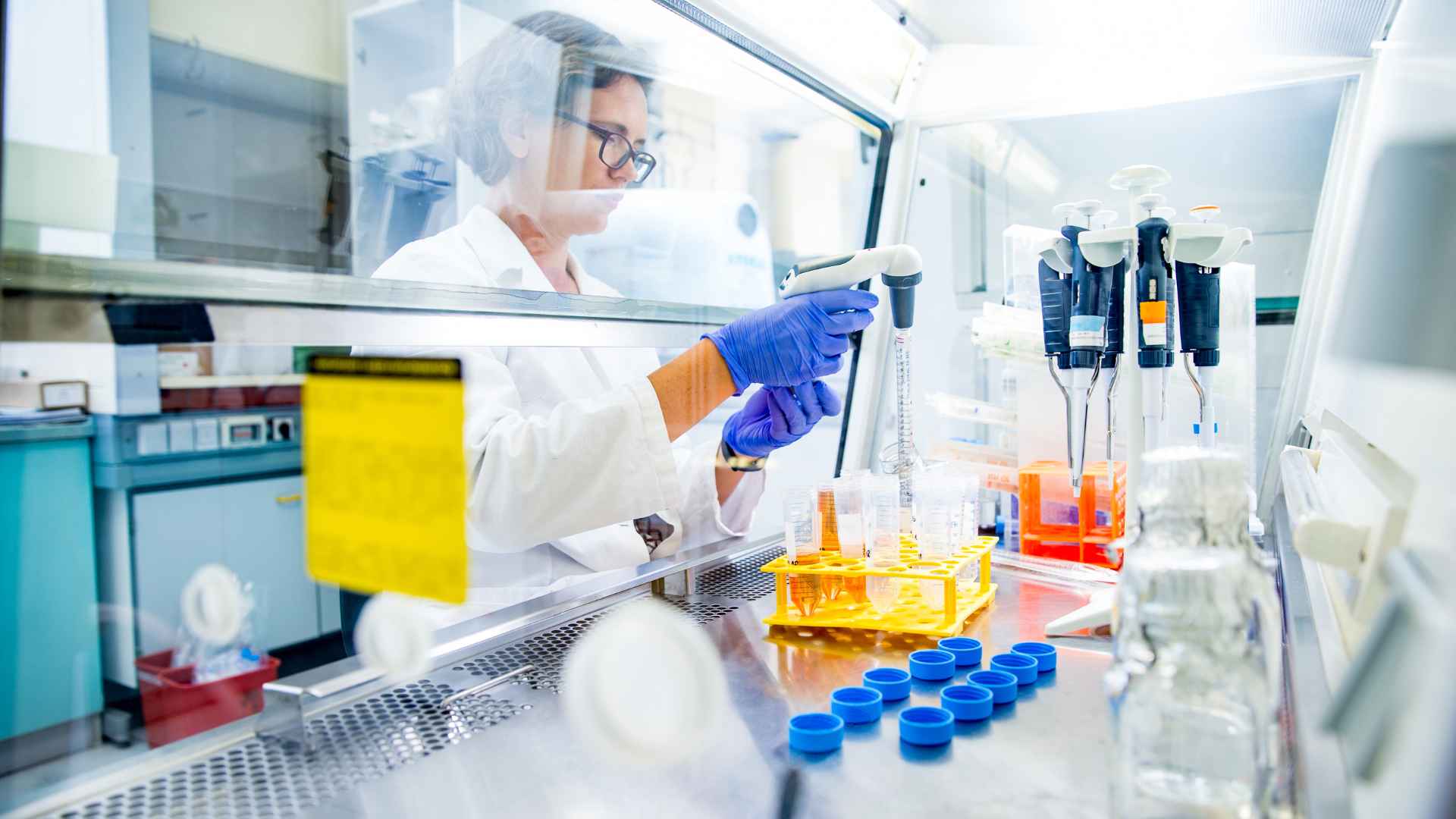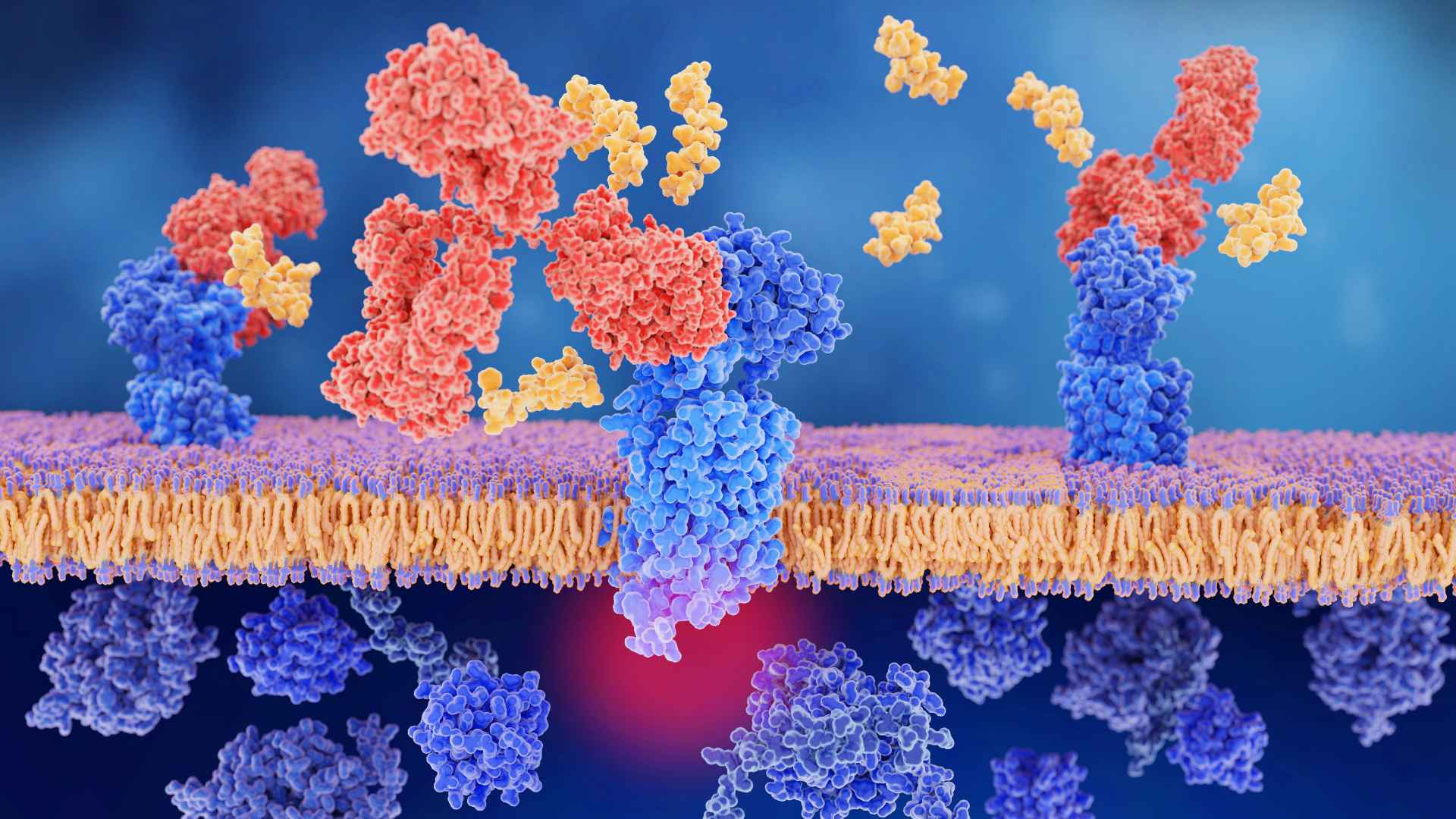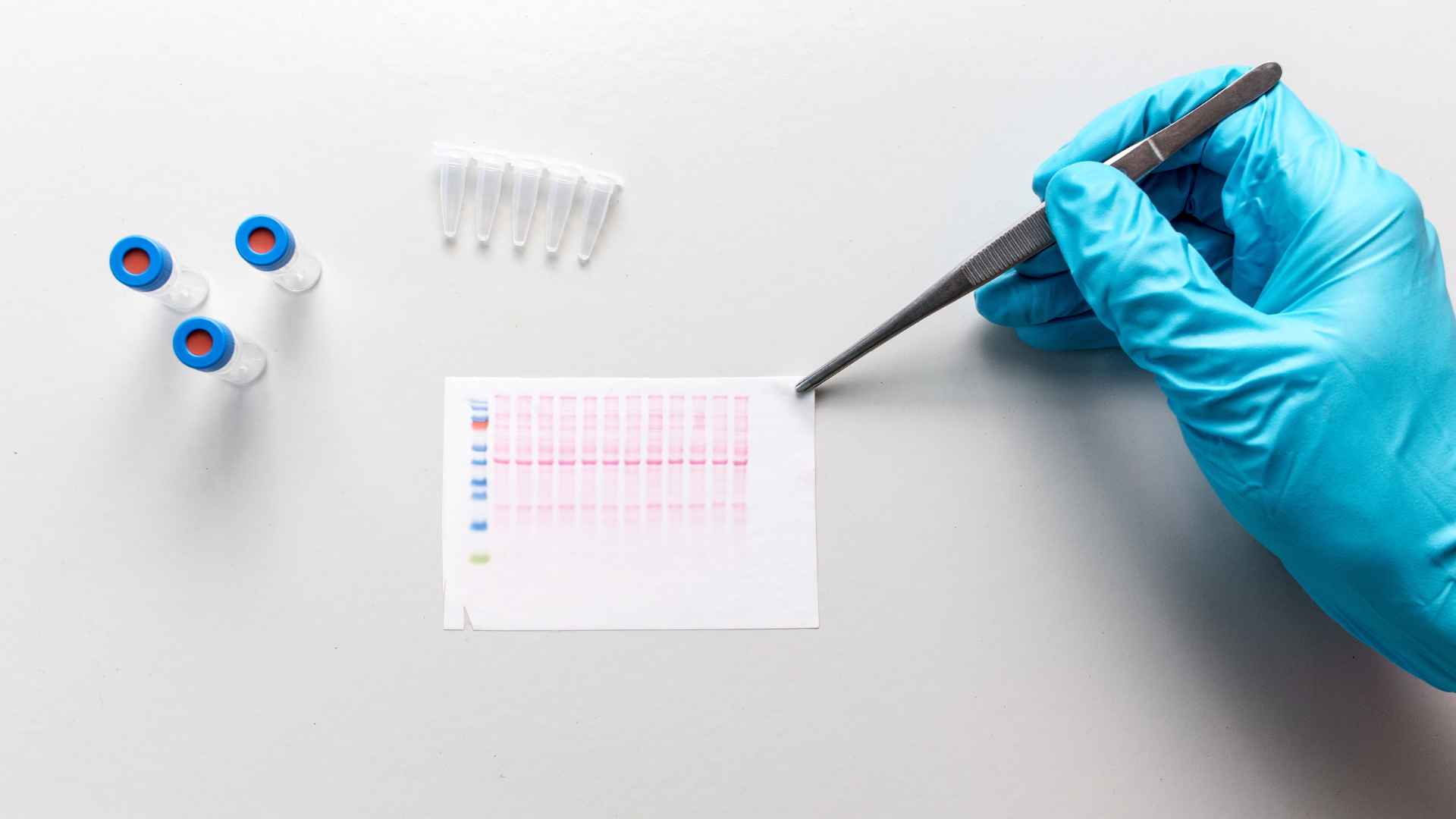Mitochondrial assays have emerged as pivotal tools in the area of biomedical research, offering insights into the intricate workings of cellular energy production and apoptosis. These assays enable scientists to dissect the complexities of mitochondrial function, which plays a crucial role in health and disease.
As the powerhouse of the cell, mitochondria’s health is paramount to an organism’s overall wellbeing. Through mitochondrial assays, researchers can detect early signs of dysfunction that may lead to severe diseases, making these tools indispensable in the quest for understanding and combating various medical conditions.
Importance of Mitochondrial Assays in Biomedical Research
Mitochondrial assays represent a cornerstone in the exploration of cellular health and function. Mitochondrial functionality is pivotal, not only in energy production but also in apoptosis, signaling, and even calcium homeostasis. These fundamental roles underscore the assays’ significance in both basic and applied biomedical research.
Mitochondrial dysfunction has been linked to a myriad of diseases, including neurodegenerative disorders, metabolic syndrome, and various forms of cancer. This connection highlights the necessity for accurate and detailed mitochondrial analysis, emphasizing why mitochondrial assays are indispensable tools for researchers. Through these assays, early detection of dysfunction can provide insights critical for developing therapeutic strategies aimed at restoring mitochondrial activity.
In the context of drug discovery, mitochondrial assays are invaluable for screening potential therapeutic compounds. By evaluating how these compounds affect mitochondrial function, researchers can identify promising therapies with the potential to modulate mitochondrial activity beneficially. These assays guide the selection of compounds that might progress through the drug development pipeline, underlining their importance in the early stages of R&D.
With the rising interest in understanding the intricate details of mitochondrial dynamics, such as biogenesis, fusion, and fission, mitochondrial assays have evolved. They now offer a broader range of applications, including the assessment of mitochondrial membrane potential, ATP production rates, and reactive oxygen species generation. This versatility further cements the role of mitochondrial assays in the trajectory of biomedical research.
Given the diverse capabilities of mitochondrial assays, they play a pivotal role in advancing our understanding of cellular function and disease pathology. Their application extends beyond mere detection of dysfunction, facilitating the development of targeted therapeutic interventions. As the biotechnology industry continues to investigate deeper into mitochondrial research, the value of these assays in elucidating cellular mechanisms and identifying novel treatment avenues cannot be overstated.
Understanding Cellular Energy Production through Mitochondrial Assays
Mitochondrial assays play a crucial role in unveiling the complexities of cellular energy production. These tests are pivotal for researchers aiming to understand how cells generate energy, a process centrally governed by mitochondria. Mitochondrial dysfunction is a common denominator in many diseases, making these assays indispensable tools in biomedical research.
At the heart of cellular energy production is the mitochondrial membrane potential (MMP). This potential is critical for the production of ATP, the energy currency of the cell. Mitochondrial assays measure MMP to assess the health and functional status of mitochondria. Techniques like fluorescence microscopy and flow cytometry are commonly employed to quantify changes in MMP, offering insights into the efficiency of energy production.
Another key aspect of mitochondrial function assessed by these assays is ATP production rates. Monitoring ATP levels provides a direct measure of mitochondrial health and functionality. Abnormalities in ATP production are hallmarks of various pathological states, indicating compromised energy metabolism within cells. Assays for ATP production involve luminescence-based methods, allowing for quantification of ATP with high sensitivity and accuracy.
Also, mitochondrial assays explore the generation of reactive oxygen species (ROS). While ROS are normal byproducts of cellular respiration, excessive production is detrimental and linked to cellular injury and disease. ROS generation assays serve as indicators of oxidative stress within mitochondria, shedding light on potential causes of mitochondrial dysfunction.
Utilizing these assays, scientists can dissect the mechanisms underlying cellular energy production and mitochondrial pathology. Da-Ta Biotech specializes in offering these mitochondrial assays among its suite of cell-based assays. With its robust protocol and the option for researchers to incorporate their SOP/protocol, Da-Ta Biotech provides a versatile platform for mitochondrial research. Whether it’s for investigating the fundamental aspects of mitochondrial function or screening potential therapeutic compounds, their mitochondrial assays are designed to deliver comprehensive insights into cellular energy dynamics.
The extensive expertise of Dr. Rinat Borenshtain-Koreh and her team ensures that researchers not only receive accurate assay results but also gain valuable interpretations that advance their projects from discovery to presentation stages.
Unraveling the Role of Mitochondrial Function in Health and Disease
Mitochondrial assays stand at the forefront of deciphering the complex interplay between mitochondrial function and the pathogenesis of numerous diseases. These assays offer a window into the nuanced processes of cellular energy production and its dysregulation, which underpins a multitude of health issues. Da-Ta Biotech harnesses these assays to illuminate the vital aspects of mitochondrial health, stress responses, and dysfunction.
The role of mitochondria extends beyond mere energy suppliers; they are critical regulators of cellular life and death. Disruptions in mitochondrial function can precipitate a cascade of detrimental effects, leading to neurodegenerative diseases, metabolic disorders, and cancer. Mitochondrial assays provide essential metrics such as mitochondrial membrane potential (MMP), ATP production rates, and reactive oxygen species (ROS) generation. These indicators not only shed light on mitochondrial health but also unveil potential therapeutic targets.
In the area of biomedical research, mitochondrial assays are instrumental in evaluating the efficacy of novel compounds. Screening for drug-induced mitochondrial toxicity early in the development process can avert costly failures in later stages. Da-Ta Biotech offers cutting-edge platforms for conducting these pivotal assessments, backed by the expertise of Dr. Rinat Borenshtain-Koreh and her team.
Besides, the intricate mechanisms of mitochondrial pathology can be dissected through these assays. For instance, the imbalance in ROS production and the consequent oxidative stress is a hallmark of mitochondrial dysfunction. By quantifying these variables, researchers can pinpoint the molecular aberrations driving disease progression.
Mitochondrial assays, hence, provide a critical framework for understanding the underpinnings of health and disease. They pave the way for the development of targeted therapies, aiming to mitigate mitochondrial dysfunction and harness the organelles’ potential in disease amelioration. Through its advanced testing capabilities, Da-Ta Biotech stands as a valuable ally in this quest, propelling the field of mitochondrial research forward.
Early Detection of Mitochondrial Dysfunction through Assays
Mitochondrial dysfunction is a precursor to many diseases, making early detection through mitochondrial assays critical in the biomedical field. These assays offer unparalleled insights into the health and function of mitochondria, the cell’s powerhouse, responsible for energy production and metabolic processes.
Mitochondrial Assay applications are vast, highlighting their importance in understanding and diagnosing mitochondrial diseases. Through meticulous measurement of parameters such as mitochondrial membrane potential and ATP production rates, researchers can pinpoint disruptions in mitochondrial function. Also, assays can detect the generation of reactive oxygen species (ROS), markers of oxidative stress and potential harbingers of cellular damage.
Da-Ta Biotech is at the forefront of mitochondrial research, providing advanced mitochondrial assays that jump into the intricacies of mitochondrial function. With a comprehensive toolkit for detecting mitochondrial dysfunction, Da-Ta Biotech aids in the early detection of diseases where mitochondrial impairment plays a pivotal role. Their services are pivotal for drug discovery and development, allowing for the screening of drug-induced mitochondrial toxicity, an essential step in ensuring the safety and efficacy of new pharmaceuticals.
Using a variety of human and rodent cell lines alongside disease models, Da-Ta Biotech offers a versatile platform for mitochondrial assays. This versatility is key in identifying potential therapeutic targets and understanding the mechanisms behind mitochondrial dysfunction. Whether clients choose to use Da-Ta Biotech’s robust protocol or propose their own, the company’s expertise ensures precise and reliable assay outcomes.
Under the guidance of Dr. Rinat Borenshtain-Koreh and her team of R&D experts, Da-Ta Biotech is not merely a service provider but a partner in mitochondrial research. Their commitment to aiding researchers from proof-of-concept to investor presentations underscores the potential of mitochondrial assays in revolutionizing our approach to disease diagnosis and treatment.
Mitochondrial Assays: Indispensable Tools in Disease Research
Mitochondrial assays have emerged as critical instruments in the comprehensive study of diseases. These assays allow researchers to understand cellular energy dynamics and identify mitochondrial dysfunction, which plays a pivotal role in the progression of numerous diseases. Da-Ta Biotech leverages mitochondrial assays to unravel the complexities of mitochondrial diseases and develop targeted treatments.
Early Detection and Disease Mechanisms
One of the primary benefits of mitochondrial assays is their ability to detect mitochondrial abnormalities early in the disease process. This early detection is crucial for the development of effective therapeutic strategies. Da-Ta Biotech’s advanced mitochondrial assay platforms help the identification of subtle changes in mitochondrial function, offering insights into the early stages of disease development.
| Measurement | Relevance |
| Mitochondrial Membrane Potential | Indicator of cell health |
| ATP Production Rates | Measures cellular energy production |
| Reactive Oxygen Species (ROS) Generation | Identifies oxidative stress |
Screening for Therapeutic Targets
Mitochondrial assays are not only instrumental in understanding disease mechanisms but are also vital in screening for potential therapeutic targets. They provide a quantitative basis for evaluating the efficacy of compounds that might restore normal mitochondrial function or protect it from injury. This screening process is crucial in the early phases of drug development, where the goal is to identify compounds with the most promising therapeutic benefits.
Supporting Drug Development and Personalized Medicine
In the area of drug development and personalized medicine, mitochondrial assays play a critical role. By identifying how different compounds affect mitochondrial function, researchers can predict potential drug-induced mitochondrial toxicity before proceeding to more extensive, and costly, phases of drug development. Also, these assays can inform personalized treatment strategies by identifying which therapies are likely to be most effective based on an individual’s specific mitochondrial dysfunction.
Da-Ta Biotech’s robust protocol and customizable approach to mitochondrial assays make it a leading provider in this area of research. The company’s dedication to supporting researchers in understanding and treating mitochondrial diseases underscores the importance of mitochondrial assays in contemporary disease research, paving the way for groundbreaking discoveries and advancements in treatment.
Conclusion
Mitochondrial assays stand at the forefront of advancing our understanding of cellular metabolism and disease pathology. Through the precise measurements of mitochondrial functions, researchers can pinpoint abnormalities that may lead to innovative therapeutic strategies. Da-Ta Biotech’s advanced platforms elevate the potential of these assays, offering researchers the tools needed to investigate deeper into mitochondrial dynamics.
With the capability to detect dysfunction early and identify novel therapeutic targets, mitochondrial assays are reshaping the world of disease diagnosis and treatment. As we continue to explore the depths of mitochondrial biology, the insights garnered from these assays promise to unlock new avenues in drug development and personalized medicine. Da-Ta Biotech remains a pivotal player in this journey, empowering scientists with the means to uncover the mysteries of mitochondrial dysfunction and its implications for human health.

